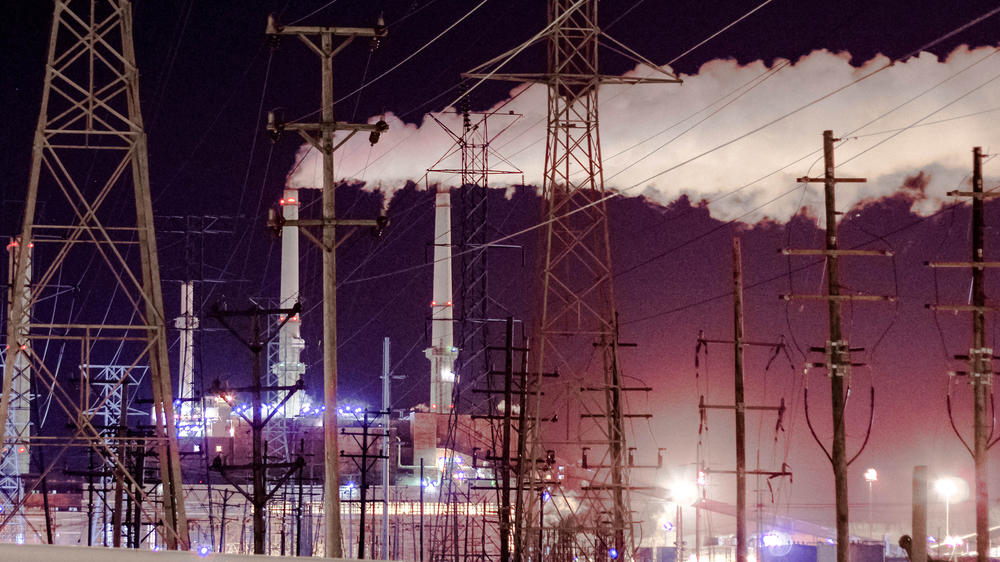Lead researcher
Energy & emissions
Energy underpins our lives and economic development. Fossil fuel combustion is the main source of greenhouse gas emissions and so energy use is integral to climate change mitigation. Energy is also increasingly central to climate change adaptation challenges through its inter-linkages with water use, agriculture and land use, and urban infrastructure. There is broad consensus on the need for dramatic transformation of our energy systems in the coming decades to achieve climate stabilisation and adaptation goals. Globally, the energy system faces additional challenges including: how to ensure security and resilience; how to provide universal access to clean, flexible and convenient fuels; and how to reduce pollution and its adverse health impacts.
Framed by these needs for a sustainable energy transformation, Tyndall researchers consider a multitude of issues and perspectives: from technologies and economies to behaviours and societies and from micro-scale to systemic, retrospective to prospective and from mitigation to adaptation. The Energy and Emissions Theme brings together natural and physical scientists, social scientists, engineers and economists to conduct interdisciplinary and policy relevant research. There can be up to 35 researchers associated with the Energy and Emissions Theme at any one time, depending upon the projects in our portfolio. These can range from high level emissions budget analysis across different geographic and temporal scales to detailed case studies of particular low carbon technologies and behaviours in specific contexts. Our research is funded through a diverse range of sources, and we contribute regularly to parliamentary processes, government consultations, the media and academic literature.
Topics
Tyndall’s Energy and Emissions Theme research can be broadly characterised under various topics:
Energy assessments help us to understand the technical, environmental and economic dimensions of the development and deployment of energy technologies and infrastructure. These range from renewable energy technologies to low carbon building developments to whole sectors such as shipping or aviation.
Energy behaviours research explores the motivations for, influences on, and outcomes of energy-related behaviour, from energy efficient home renovation to active opposition to wind farms. A particular emphasis is on the embedding of behaviour in a social context, and the importance of the social organisation of individuals in households and communities.
Energy and emissions governance is a broad heading encompassing work on stakeholder engagement in the deliberative appraisal of technology options, climate policy appraisal, and analysis of the role of regulatory, market and other institutions within the energy system. Governance research also looks explicitly at clean development and climate finance.
Energy perceptions tracks the evolving public understandings and perceptions of energy issues and technologies, linked to the changing framing and communication of climate change and energy security.
Energy and emission scenarios and pathways characterise the social and technical changes needed to achieve dramatic emission reductions. These include research on emission trajectories, the implications of international climate commitments, and long-term socio-economic scenarios. Also of interest are historical energy trajectories as a basis for informing future developments.
Energy transitions draw on, and contribute to, a growing body of theory on socio-technical transitions, investigating the importance of innovation niches, grassroots or community initiatives, and potential drivers of ‘regime’ changes.
Low carbon growth and technology transfer research considers the imperative for both developing and deploying low carbon technologies across the world through a combination of local innovation and international collaboration.
The Global Carbon Project is a major international research initiative to compile, analyse, report and archive global emission statistics, as well as to identify and monitor CO2 sinks, and reduce levels of uncertainty in emission estimates.
Geoengineering involves deliberate large-scale interventions in the Earth’s climate system in order to moderate anthropogenic climate change. The inadequacy of current efforts to reduce emissions have raised the profile of geoengineering, a topic on which Tyndall research casts a critical eye.
Energy Theme Co-ordinators
Charlie Wilson (UEA), Maria Sharmina (Manchester),Clare Carter & Sandra Pointel (Sussex)
Image Credit: "Midwestern Generation Power plant Waukegan, IL" by CheepShot is licensed under CC BY 2.0


